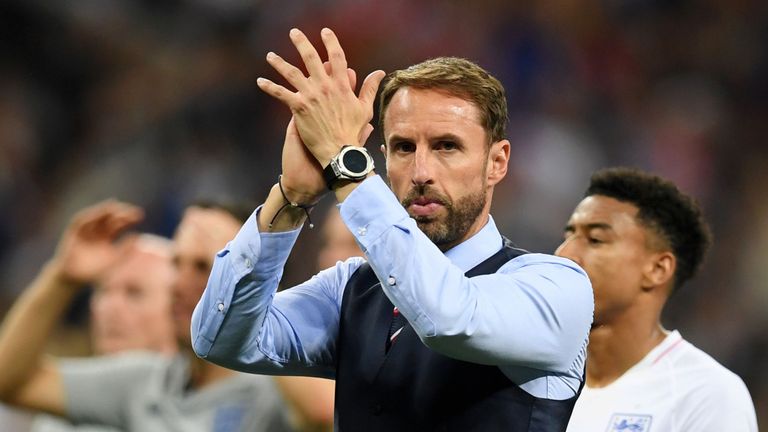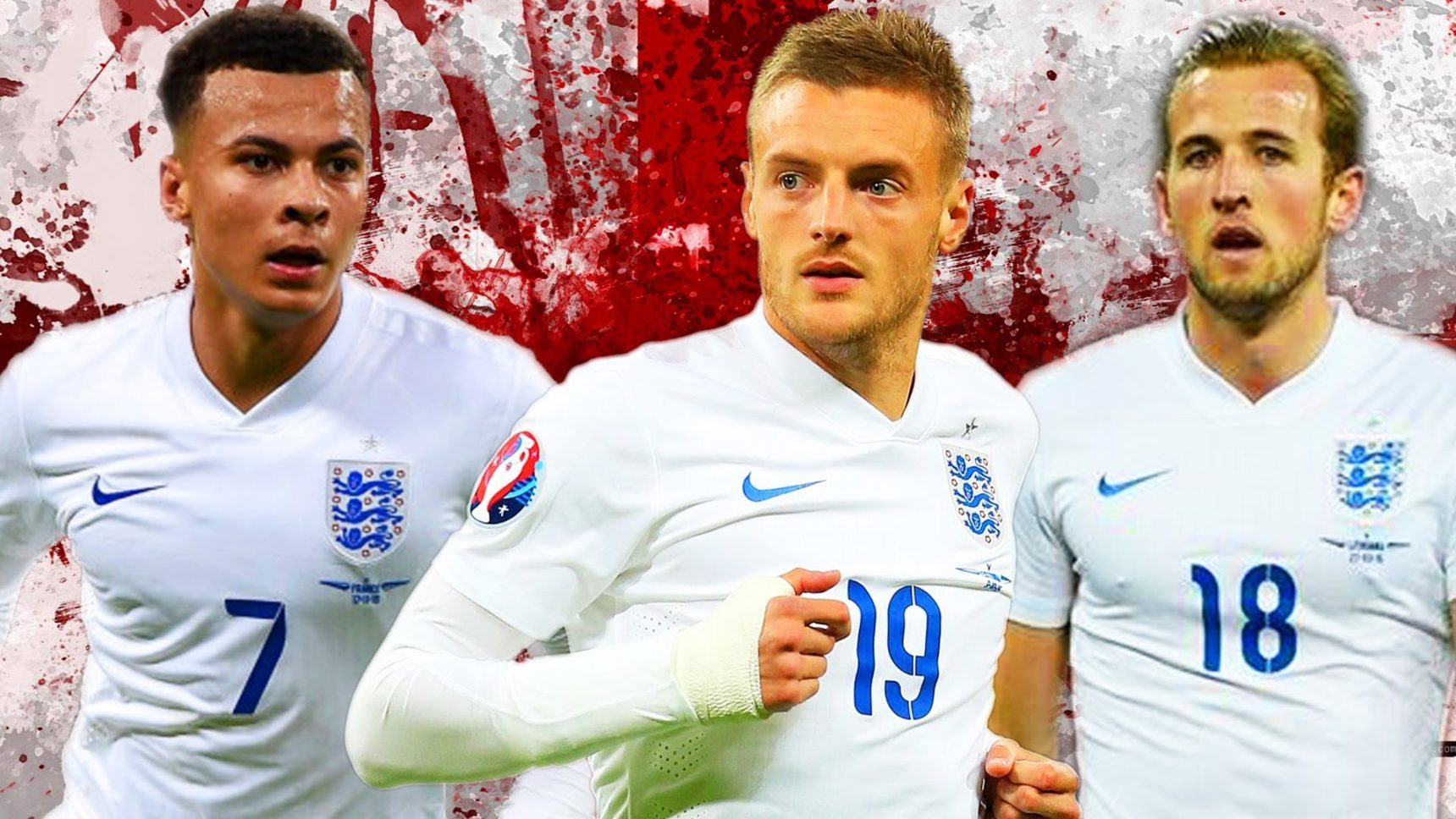On Wednesday England’s dream finally came to an end. Our first World Cup semi-final in 28 years, after a tournament where the team performed beyond anyone’s expectations, including finally ridding themselves of the monkey on their back of losing penalty shoot outs.
There is little doubt that Gareth Southgate’s team surprised everyone, especially England football fans who have suffered for decades with the same problem: Why can’t a country that is such a huge footballing nation and home to the biggest league in the world, translate that into a national team performance and win trophies? In their last international competition, the 2016 Euros, England were beaten by Iceland, a team whose coach was a part time dentist, and didn’t get out of the group stages. And yet two year’s later we nearly got to the final.
So what happened? How did they do it?
As someone who firmly believes that getting your teamwork correct is the answer to achievement and success, this is almost the perfect case study to prove my theory.
These players were not a collection of Ronaldos and Messis; statistically, if you look at their age and experience, you’d not expect them to get that far. Couple that with the historical data of England’s poor performance over the past 50 years and you’d be a fool to expect anything other than failure. And yet, they got to a semi-final which they weren’t too far off winning, and won a penalty shootout for the first time in a World Cup Final along the way. How, and why did this happen? Here are my observations that show if you get the essential building blocks of teamwork right, as Bill Walsh, the iconic head coach of the San Francisco 49ers NFL team said, the score takes care of itself.

England Manager Gareth Southgate
Leadership
Gareth Southgate was not an obvious choice as the England team manager when he was handed the job less than 2 years ago. He’d never coached at that level, and many people didn’t trust that he could do the job. Now, this looks to have been an inspired choice that has paid off in spades. The leader of a team is a vital component, get this wrong and you have no chance. You have to have the right kind of leader, who has the right skills, intentions and ability to motivate the people under him.
Southgate is a modern leader – one who is not a glory seeking egotist, who stands above his team members with a ‘my way or the highway’ mentality. He grows the players, allowing them freedom of expression, engaging them and inspiring them to achieve. He leads in the model of a multiplier rather than a diminisher, to borrow the terms from Liz Wiseman, and seems genuinely uninterested in his own fame or glory. Players want to play for him and will do more and work harder as a result.
Culture
Southgate and his management team have worked hard to develop a strong culture within the team, one where the main ethos is that the people within it realise that the team is always bigger than them. One of England’s biggest problems in the past has been that the individual players’ egos were far bigger than the team. These players look like they truly want to play for the team, and for each other, above themselves; this is a vital part of teamwork, and ensures that people in the team will do more, give more and make the personal sacrifices necessary in service of the team’s goals.
Another important point on culture for me is the ability to have fun. Every team, especially one in such a high pressure cooker environment, should release that pressure valve and enjoy their existence once in a while. This is, after all, just a game – and good teams take a holistic view of their place in the world as a whole, putting this in context and into perspective, and don’t sink under the pressure of their own circumstance. We’ve seen photos of this England team mucking about in the pool on large inflatable swans and playing with a rubber chicken in their practice sessions – and the players look like they are genuinely enjoying each other’s company and the experience. Think back over the past twenty years – how often have we seen an England team looking like they are having fun (apart from when they have scored a goal of course).
Purpose
Any team that wants to be successful has to have a compelling and meaningful purpose, that the team can really get behind – one that is emotive, heart driven, and where hitting the teams’ goals directly links to it. This purpose also needs to be focused on making a positive impact on the lives of other people. Some teams struggle to find this, but the England football team has one of the easier jobs when it comes to purpose identification.
It’s fairly obvious – look at the outpouring of joy their success brings across the nation, and the tearful heartbreak their failing sadly creates. You’d think that it would be a no brainer for any England football team to be inspired by this purpose, it’s such an obvious one and wouldn’t any England player get it straight away, and want to do everything in his power to achieve success?
You’d think so, but I believe England football teams of the last twenty or thirty years lost sight of this. Players were playing for themselves, and their own personal goals, and had lost sight of the teams’ purpose.
Gareth Southgate has changed all of that; he has worked hard to reconnect his players with England football’s real purpose – to make the nation happy – and it shows. He has instilled a greater sense of pride, a desire to wear the jersey and play for your country, and linking this with the good they can do in the world. He has done things like inviting previous England players from eras when the team was good to hand jerseys out to new players (a tactic he learned from observing the New Zealand All Blacks rugby team – see my next point) to create a sense of history and destiny as part of this purpose driven culture, and made sure the players understood their ‘why’ and inspire them to greater efforts and reaching higher goals.
Having the Right People on the Team
“Never underestimate the power of a group of committed, interdependent and passionate people who are clearly aligned and connected to a meaningful purpose”
Southgate was not afraid to change personnel and get the right players who have the right team-focused mentality onto the team. He got rid of egos and brought in a raft of young, inexperienced but talented players. On paper, the stats counted against them – but never underestimate the power of a group of committed, interdependent and passionate people who are clearly aligned and connected to a meaningful purpose. Despite their relative inexperience, their teamwork counted for far more than the sum of their talents.
Teams that cling on to toxic individuals that they think they cannot do without are doomed to failure. No individual is bigger than the team, and no individual is indispensable. Southgate knows this and has not hesitated to pick the best people to play on his team because they are team players – and not maverick, ego driven individuals.
Connecting Outside the Team
We know that all good teams do not build a wall around themselves and exclude the outside world. Great teams connect outside of their own existence with other teams in their own environment and further afield, in order to learn and grown, cross pollinate ideas and ensure they are bringing the best thinking and practices into their world.
Southgate is part of UK Sport’s Elite programme, a three year course which does just this, connecting high level sports people with each other. Southgate was at the NFL Super Bowl to learn from that sport, and has connected with and taken ideas from basketball, rugby, cycling and other sports. He has even spoken to the polar explorer Sir Ranulph Fiennes and had his team spend time with the Royal Marines.
All of this allows him to grow his team’s understanding of how other high performing teams are doing things – rather than doing some navel gazing and believing that the answers line purely within themselves.
For all of these reasons, England should be praising Southgate and his team, for everything that this allowed them to achieve and to make a nation proud. OK, we didn’t win the cup, which we really had no right to expect when the tournament started, but which suddenly and unexpectedly became an aspiration we dared to dream was possible. And for me, this simply and clearly demonstrates what I know to be true about organizational performance: Your ability to work together as a team is the single biggest factor in your success or failure. Get all of this right, and you give yourself every chance of greatness.
HOW TO GET IN TOUCH
Call me on +971 (0)50 559 5711 or send me a message
